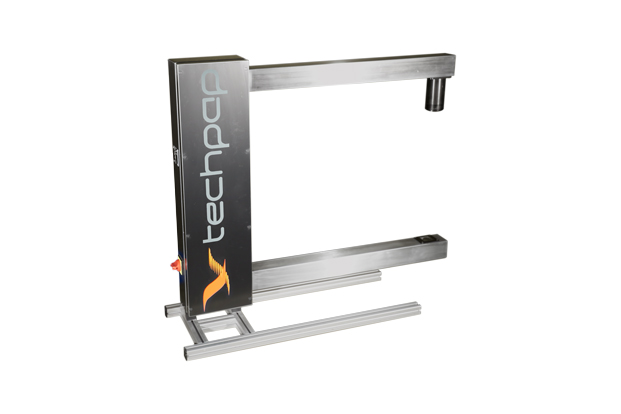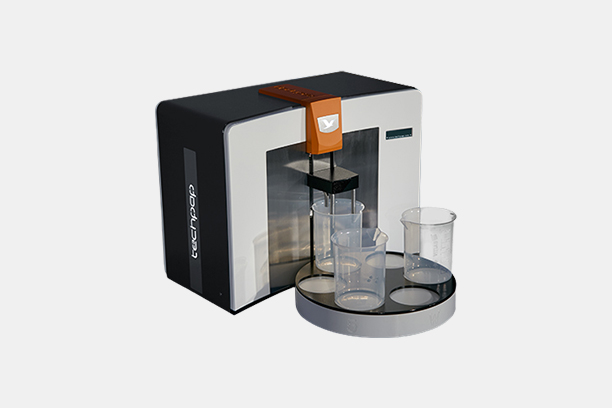
지금 보고 계신 제품의 제조사에요
TECHPAP
구매정보

TECHPAP
정보 인증을 완료한 신뢰할 수 있는 기업입니다.
센서, 실험 장치, 실험 장비 등
연락처
+33 4 76 51 74 75
이메일
techinfo@techpap.com
상품정보에 문제가 있나요?
정보수정 / 삭제요청
코머신은 제품 판매자가 아닙니다.법적고지 및 안내
제품 상세 정보
이 기업의 다른 제품
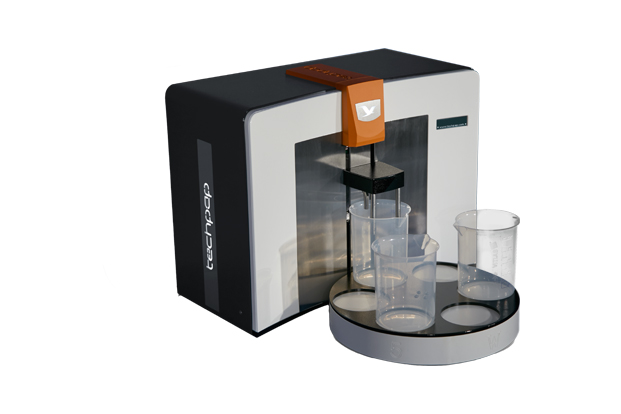
Fiber&Shive Analyzer - MorFi Neo
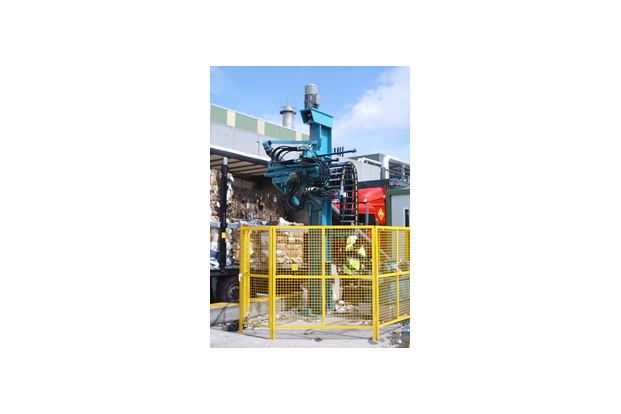
NIR Moisture & Plastic
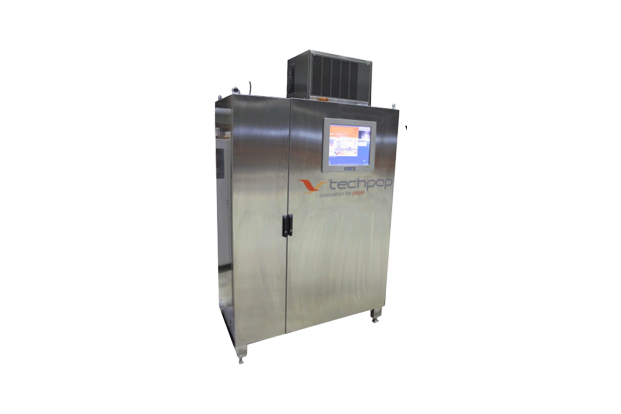
PI Fiber Morpholgy
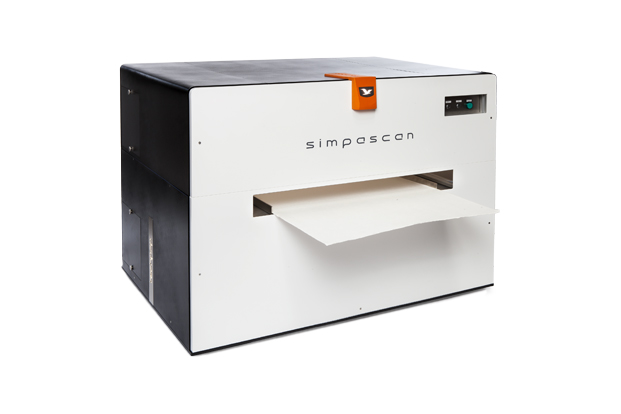
Dirt analyser for large size samples
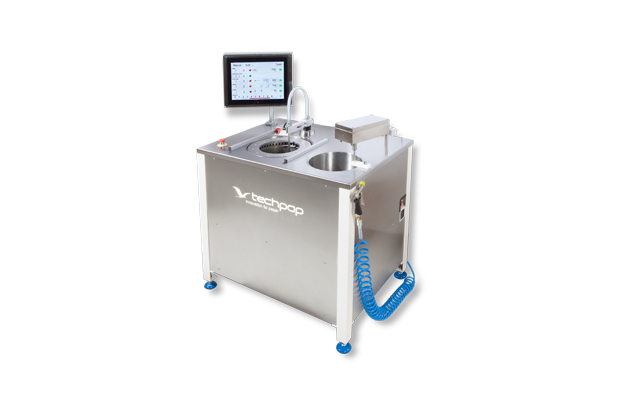
Laboratory Equipment
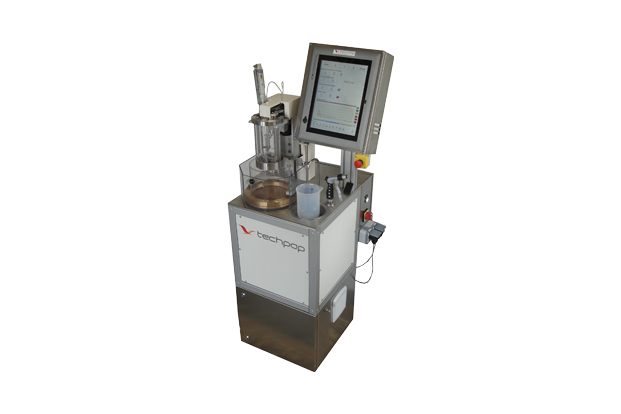
Handsheet Retention Tester
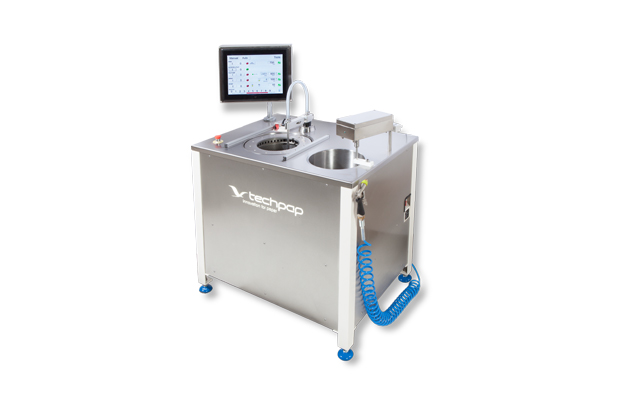
Dynamic Handsheet Former
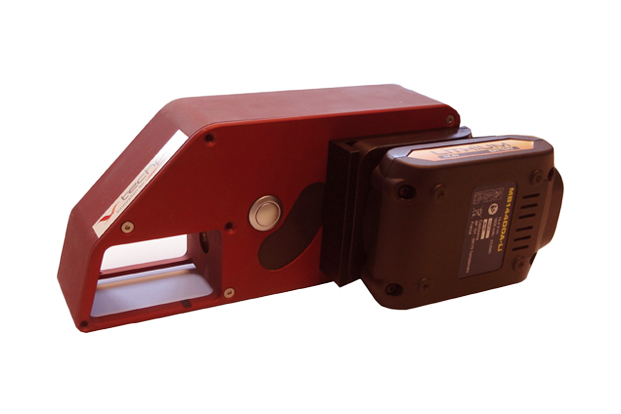
Lab HR3D
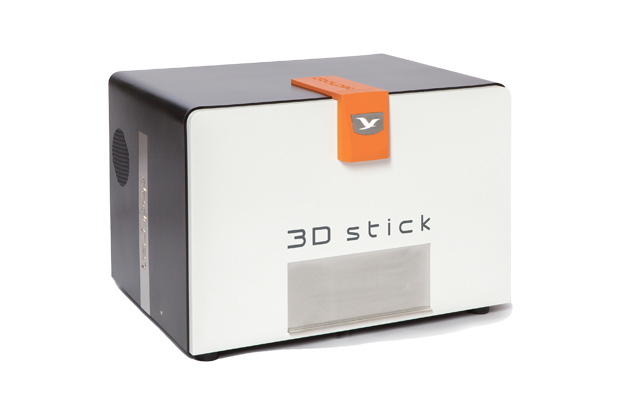
3D Stick
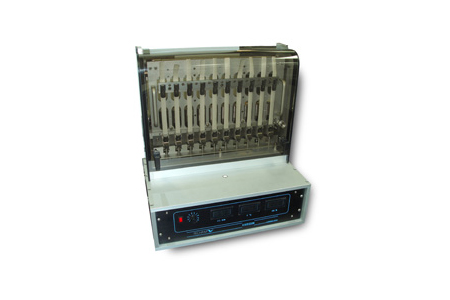
Paper Stability&Creeping
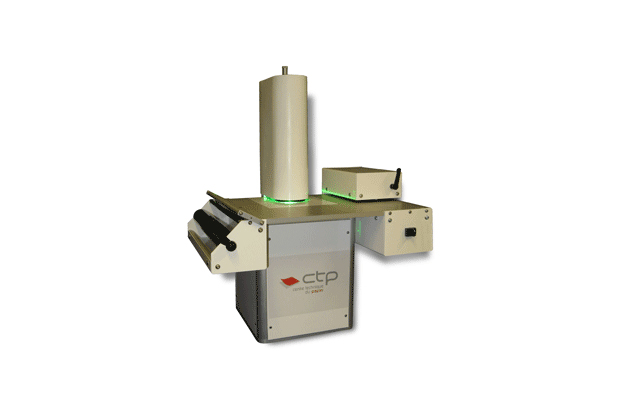
Fiber Orientation Analyzer
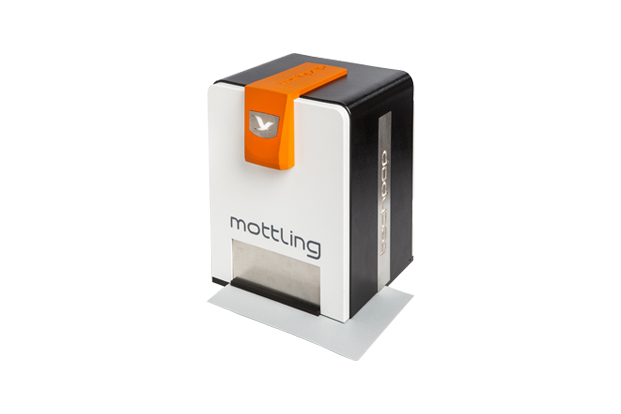
Mottling Sensor-Kheops
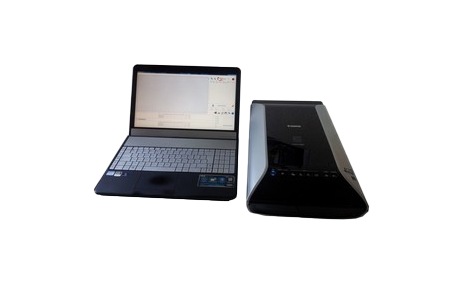
Laboratory Dirty Analyzer
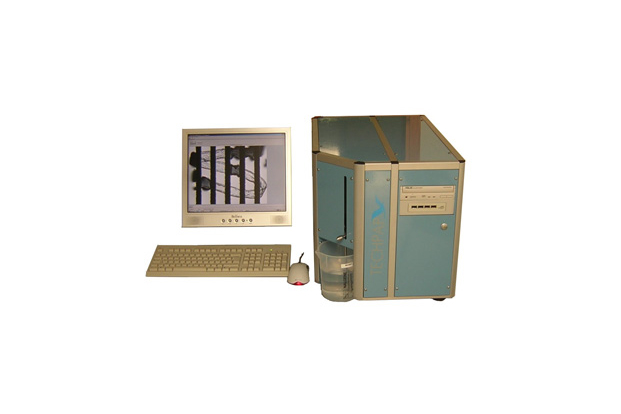
Fiber Wall Thickness

On Line HR3D
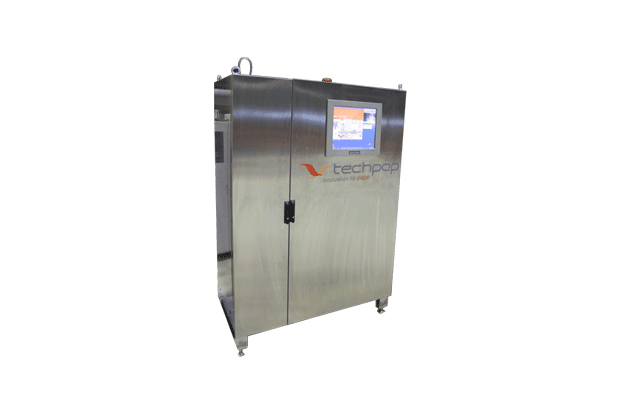
PI Dirt&Shives
1/4



